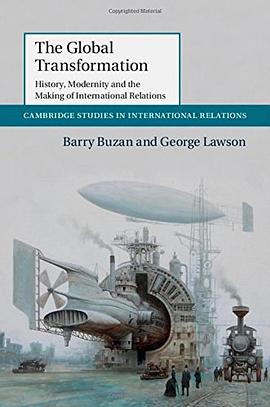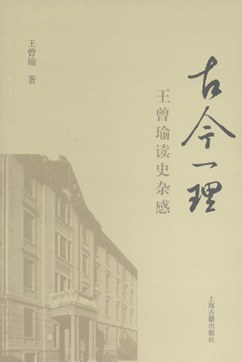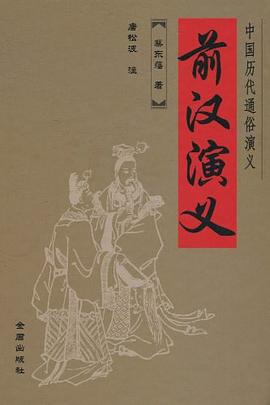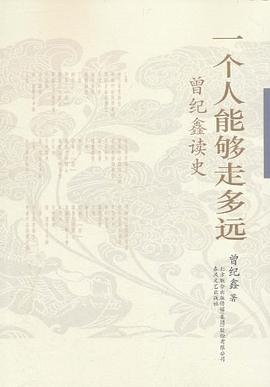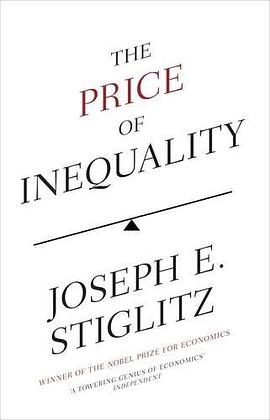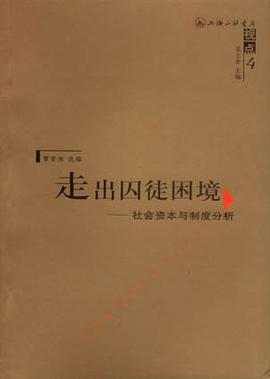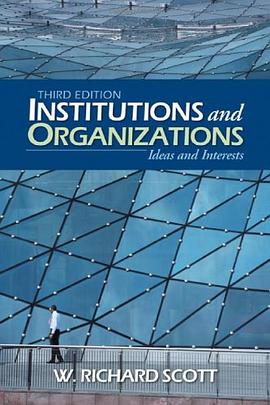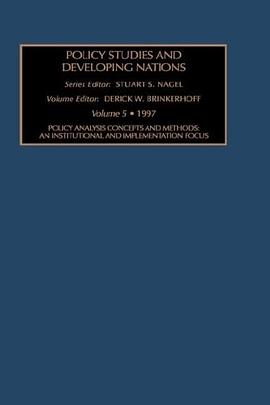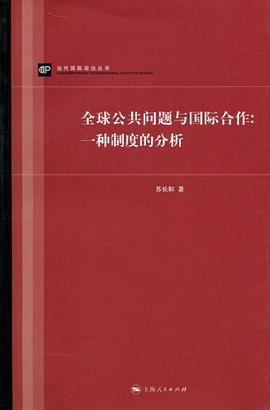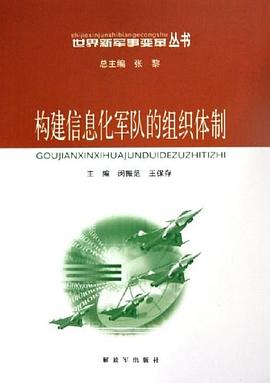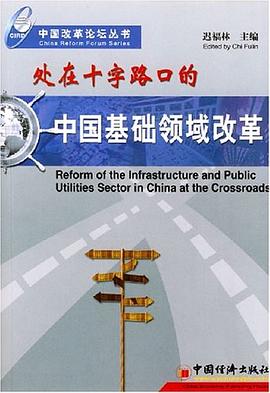General editor's preface
Editor's introduction: approaching the media, Oliver Boyd-Barrett Chris Newbold
Acknowledgements
1 Defining the field, Oliver Boyd-Barrett Chris Newbold 2
2 On ignoring history: mass communication research and the critique of society, Hanno Hardt 8
3 Media sociology: the dominant paradigm, Todd Gitlin 21
4 The context of mass communications research, James D. Halloran 33
5 Mass communication research in Europe: some origins and prospects, Jay G. Blumler 43
6 Mass communication and modern culture: contribution to a critical theory of ideology, John B. Thompson 54
7 Early theories in media research, Oliver Boyd-Barrett 68
8 The culture industry: enlightenment as mass deception, Theodor W. Adorno Max Horkheimer 77
9 Mass society and its culture, Edward Shils 81
10 Mass society and mass culture: interdependence or independence?, Harold L. Wilensky 87
11 The structure and function of communication in society, Harold D. Lasswell 93
12 Functional analysis and mass communication revisited, Charles R. Wright 95
13 The study of the media: theoretical approaches, James Curran Michael Gurevitch Janet Woollacott 103
14 Politicians and the press: an essay on role relationships, Jay G. Blumler Michael Gurevitch 108
15 The media effects tradition, Chris Newbold 118
16 Between media and mass/the part played by people/the two-step flow of mass communication, Elihu Katz Paul T. Lazarsfeld 124
17 The effects of mass communication, Joseph T. Klapper 135
18 Toward 'cultural indicators': the analysis of mass mediated public message systems, George Gerbner 144
19 The agenda-setting function of mass media, Maxwell E. McCombs Donald I. Shaw 153
20 Utilization of mass communication by the individual, Elihu Katz Jay G. Blumler Michael Gurevitch 164
21 Five traditions in search of the audience, Klaus Bruhn Jensen Karl Erik Rosengren 174
22 The political economy approach, Oliver Boyd-Barrett 186
23 The international commercialization of broadcasting, Herbert I. Schiller 193
24 For a political economy of mass communications, Graham Murdock Peter Golding 201
25 Contribution to a political economy of mass communication, Nicholas Garnham 216
26 On the audience commodity and its work, Dallas Smythe 222
27 Conceptualizing the 'public sphere', Oliver Boyd-Barrett 230
28 Institutions of the public sphere, Jurgen Habermas 235
29 The media and the public sphere, Nicholas Garnham 245
30 The theory of the public sphere, John B. Thompson 252
31 Intellectuals, the 'information society' and the disappearance of the public sphere, Philip Elliott 260
32 Democracy and media: without foundations, John Keane 263
33 The analysis of media occupations and professionals, Oliver Boyd-Barrett 270
34 Social control in the newsroom: a functional analysis, Warren Breed 277
35 'Mr Gates' revisited: a 1966 version of the 1949 case study, Paul B. Snider 283
36 Specialist correspondents: goals, careers, roles, Jeremy Tunstall 287
37 The news net, Gaye Tuchman 294
38 News departments and broadcasting organizations - the institutionalization of objectivity, Peter Golding Philip Elliot 300
39 How content is produced, Muriel G. Cantor 306
40 Journalists at war (introduction), David E. Morrison Howard Tumber 313
41 The national culture, Paddy Scannell David Cardiff 319
42 Approaches to cultural hegemony within cultural studies, Chris Newbold 328
43 The analysis of culture, Raymond Williams 332
44 Cultural studies: two paradigms, Stuart Hall 338
45 Popular culture and 'the turn to Gramsci', Tony Bennett 348
46 The rediscovery of 'ideology': return of the repressed in media studies, Stuart Hall 354
47 Mass communication and cultural studies, James W. Carey 365
48 Populism and ordinary culture, Jim McGuigan 374
49 Feminist studies of the media, Chris Newbold 388
50 Feminist theories and media studies, H. Leslie Steeves 392
51 Feminist cultural television criticism - culture, theory and practice, Mary Ellen Brown 401
52 The symbolic annihilation of women by the mass media, Gaye Tuchman 406
53 Women and the cultural industries, Michele Mattelart 411
54 Class and gender in the hegemonic process: class differences in women's perceptions of television realism and identification with television characters, Andrea Press 420
55 The pleasure machine, Annette Kuhn 430
56 Analysing the moving image, Chris Newbold 442
57 Myth and meaning, Will Wright 446
58 Defining genre/genre and popular culture, Stanley J. Solomon 453
59 Questions of genre, Steve Neale 460
60 Morphology of the folktale, Vladimir Propp 473
61 Story and discourse (introduction), Seymour Chatman 477
62 Principles of narration, David Bordwell 485
63 Narrative form in American network television, Jane Feuer 493
64 Approaches to 'new audience research', Oliver Boyd-Barrett 498
65 The new revisionism in mass communication research: a reappraisal, James Curran 505
66 Reading: Reading the romance, Janice A. Radway 512
67 Television and gender, David Morley 518
68 Dallas and the ideology of mass culture, Ien Ang 525
69 Patterns of involvement in television fiction: a comparative analysis, Tamar Liebes Elihu Katz 531
70 Media, technology and daily life, Hermann Bausinger 536
71 Relocating the site of the audience, Martin Allor 543
Author index 555
Subject index 558
· · · · · · (
收起)
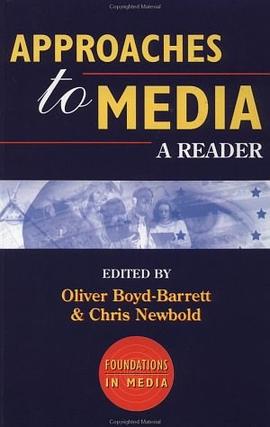


 The Global Transformation 2025 pdf epub mobi 電子書 下載
The Global Transformation 2025 pdf epub mobi 電子書 下載 古今一理 2025 pdf epub mobi 電子書 下載
古今一理 2025 pdf epub mobi 電子書 下載 萬曆皇帝(上下)/中國大皇帝書係 2025 pdf epub mobi 電子書 下載
萬曆皇帝(上下)/中國大皇帝書係 2025 pdf epub mobi 電子書 下載 平旦劄 2025 pdf epub mobi 電子書 下載
平旦劄 2025 pdf epub mobi 電子書 下載 前漢演義 2025 pdf epub mobi 電子書 下載
前漢演義 2025 pdf epub mobi 電子書 下載 一個人能夠走多遠 2025 pdf epub mobi 電子書 下載
一個人能夠走多遠 2025 pdf epub mobi 電子書 下載 梅溪存稿 2025 pdf epub mobi 電子書 下載
梅溪存稿 2025 pdf epub mobi 電子書 下載 The Price of Inequality 2025 pdf epub mobi 電子書 下載
The Price of Inequality 2025 pdf epub mobi 電子書 下載 走齣囚徒睏境:社會資本與製度分析 2025 pdf epub mobi 電子書 下載
走齣囚徒睏境:社會資本與製度分析 2025 pdf epub mobi 電子書 下載 Institutions and Organizations 2025 pdf epub mobi 電子書 下載
Institutions and Organizations 2025 pdf epub mobi 電子書 下載 Information, Incentives and Bargaining in the Japanese Economy 2025 pdf epub mobi 電子書 下載
Information, Incentives and Bargaining in the Japanese Economy 2025 pdf epub mobi 電子書 下載 Policy Studies in Developing Nations 2025 pdf epub mobi 電子書 下載
Policy Studies in Developing Nations 2025 pdf epub mobi 電子書 下載 全球公共問題與國際閤作 2025 pdf epub mobi 電子書 下載
全球公共問題與國際閤作 2025 pdf epub mobi 電子書 下載 構建信息化軍隊的組織體製 2025 pdf epub mobi 電子書 下載
構建信息化軍隊的組織體製 2025 pdf epub mobi 電子書 下載 處在十字路口的中國基礎領域改革 2025 pdf epub mobi 電子書 下載
處在十字路口的中國基礎領域改革 2025 pdf epub mobi 電子書 下載 中國政府體製分析 2025 pdf epub mobi 電子書 下載
中國政府體製分析 2025 pdf epub mobi 電子書 下載 中國行政體製改革的製度分析 2025 pdf epub mobi 電子書 下載
中國行政體製改革的製度分析 2025 pdf epub mobi 電子書 下載 競爭的基礎 2025 pdf epub mobi 電子書 下載
競爭的基礎 2025 pdf epub mobi 電子書 下載 走嚮多元平衡 2025 pdf epub mobi 電子書 下載
走嚮多元平衡 2025 pdf epub mobi 電子書 下載 國傢計劃與規劃 2025 pdf epub mobi 電子書 下載
國傢計劃與規劃 2025 pdf epub mobi 電子書 下載

